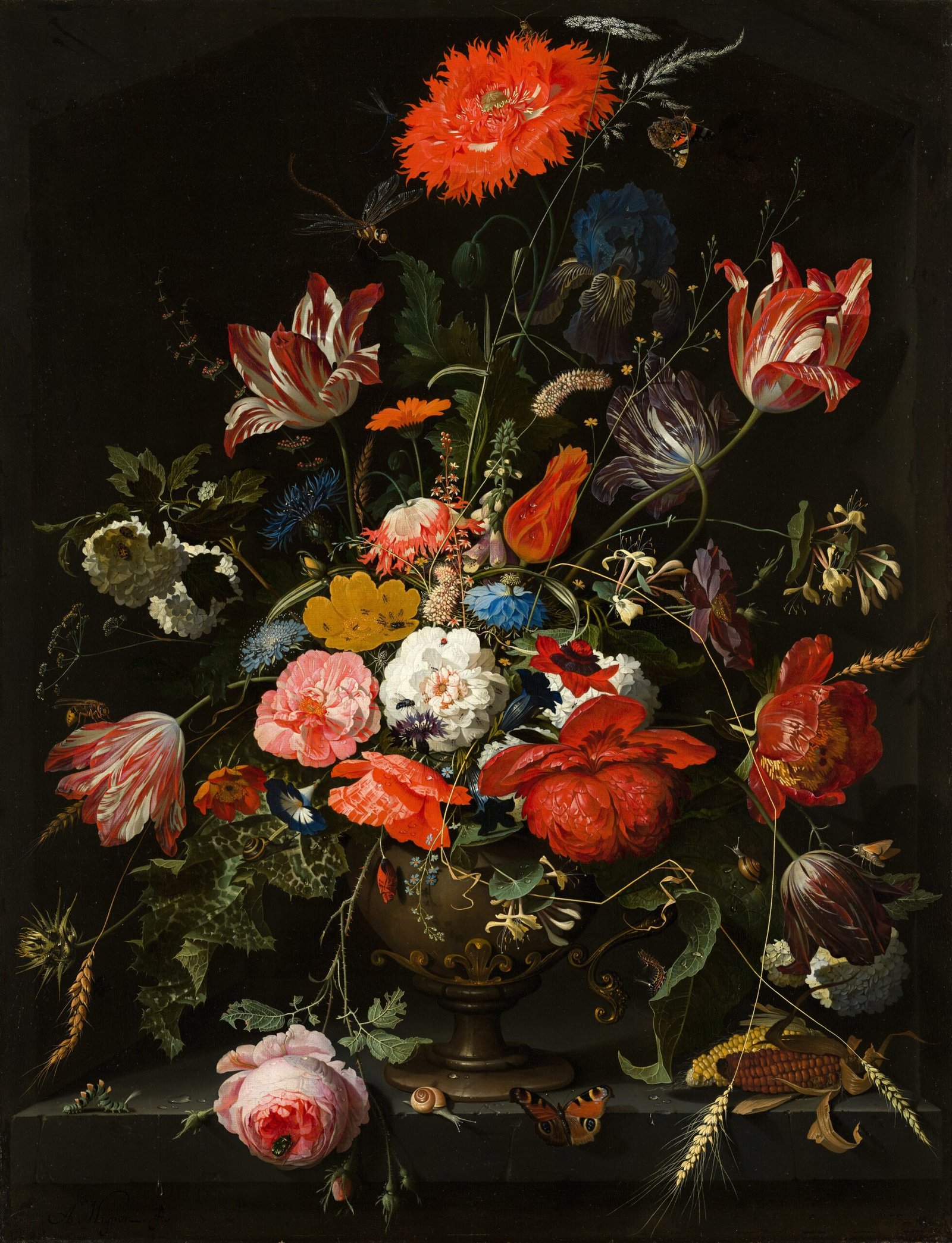The Impact of Arts and Entertainment
Arts and entertainment have always played a significant role in shaping our society and reflecting the diversity of human experiences. From paintings and sculptures to music and movies, these forms of creative expression have the power to inspire, educate, and entertain us.
One of the most remarkable aspects of arts and entertainment is their ability to transcend cultural boundaries. They can connect people from different backgrounds, languages, and beliefs, fostering a sense of unity and shared humanity. Whether it’s a captivating novel that transports us to a different time and place or a thought-provoking play that challenges our perspectives, the arts have the capacity to broaden our horizons and deepen our understanding of the world.
Moreover, arts and entertainment have the potential to spark social change. Throughout history, artists have used their platforms to shed light on important issues, challenge the status quo, and advocate for justice. From Picasso’s Guernica, which exposed the horrors of war, to Bob Dylan’s protest songs that fueled the civil rights movement, art has often been at the forefront of societal transformation.
Benefits of Engaging with the Arts
Engaging with the arts and entertainment can have numerous personal and societal benefits. For individuals, it provides an outlet for self-expression, creativity, and emotional well-being. Whether through painting, dancing, or playing an instrument, participating in artistic activities can be a source of joy and fulfillment.
Furthermore, research has shown that exposure to art can enhance cognitive abilities, improve problem-solving skills, and increase empathy. By immersing ourselves in different forms of art, we develop a broader perspective and learn to appreciate diverse perspectives.
On a societal level, arts and entertainment contribute to the economy and tourism industry. Museums, theaters, and music festivals attract visitors from all over the world, stimulating local businesses and creating jobs. Additionally, the creative industries generate revenue and promote cultural heritage.
The Future of Arts and Entertainment
The digital age has revolutionized the way we consume and create art. With the rise of social media, streaming platforms, and virtual reality, artists have new opportunities to reach global audiences and experiment with innovative forms of expression.
However, the digital age also poses challenges for artists, such as copyright infringement and the devaluation of their work. Finding a balance between accessibility and fair compensation remains a pressing issue.
Despite these challenges, the future of arts and entertainment is bright. As technology continues to evolve, we can expect exciting advancements in areas like virtual reality experiences, interactive installations, and digital storytelling.
Conclusion
Arts and entertainment have a profound impact on our lives, enriching our experiences and challenging our perspectives. They bring people together, ignite social change, and contribute to personal and societal well-being. As we embrace the digital age, we must strive to protect and support the artists who shape our world.





